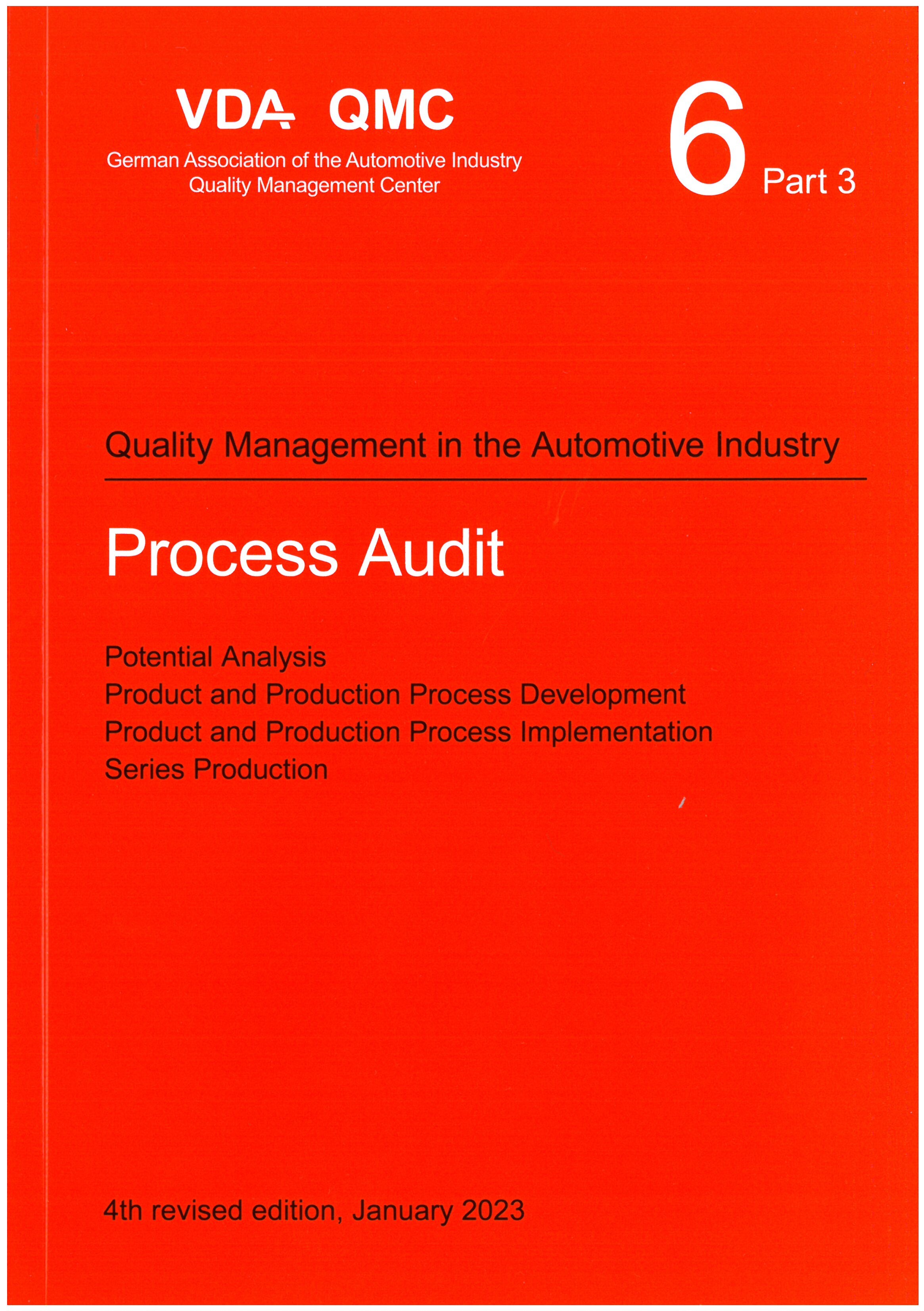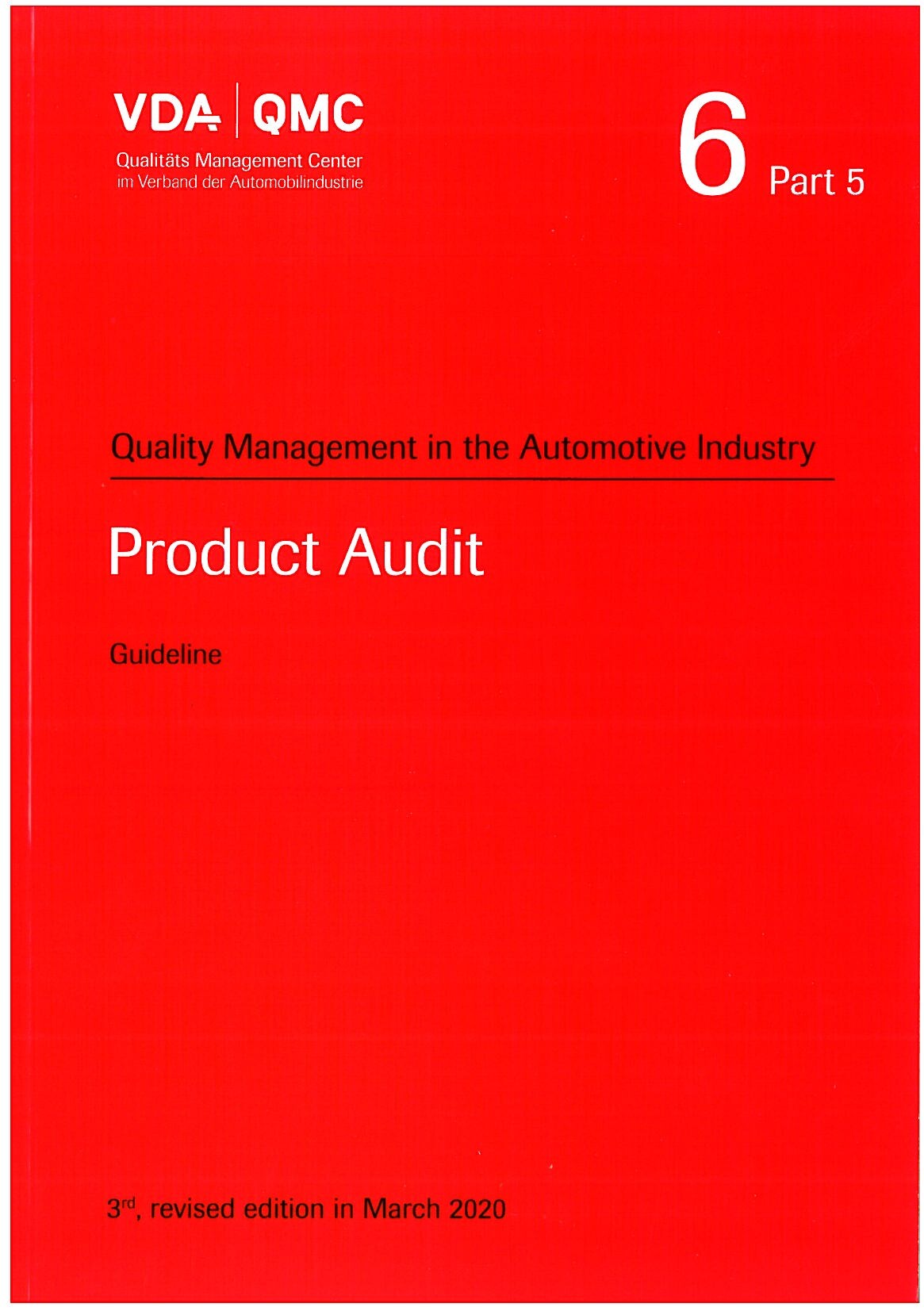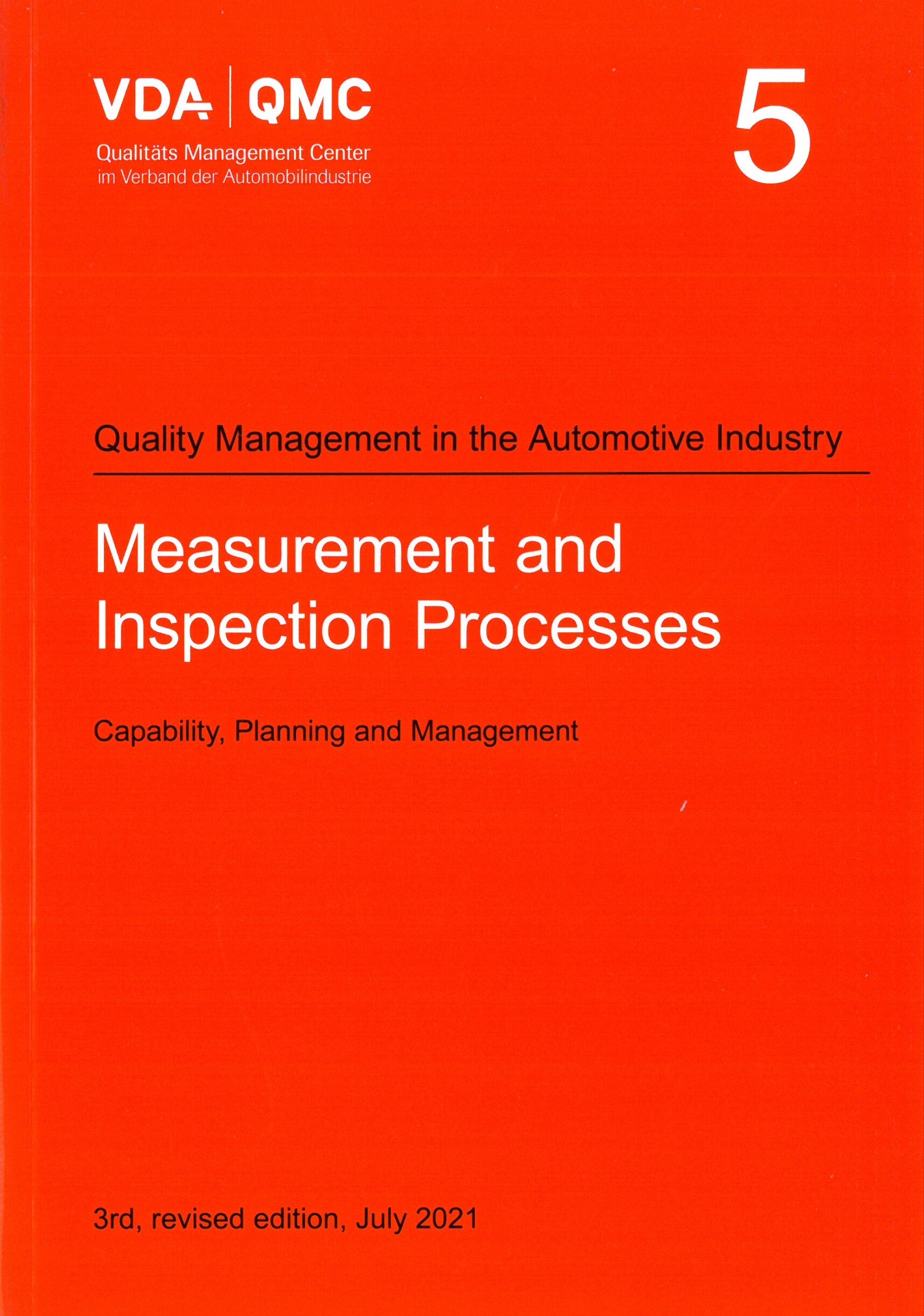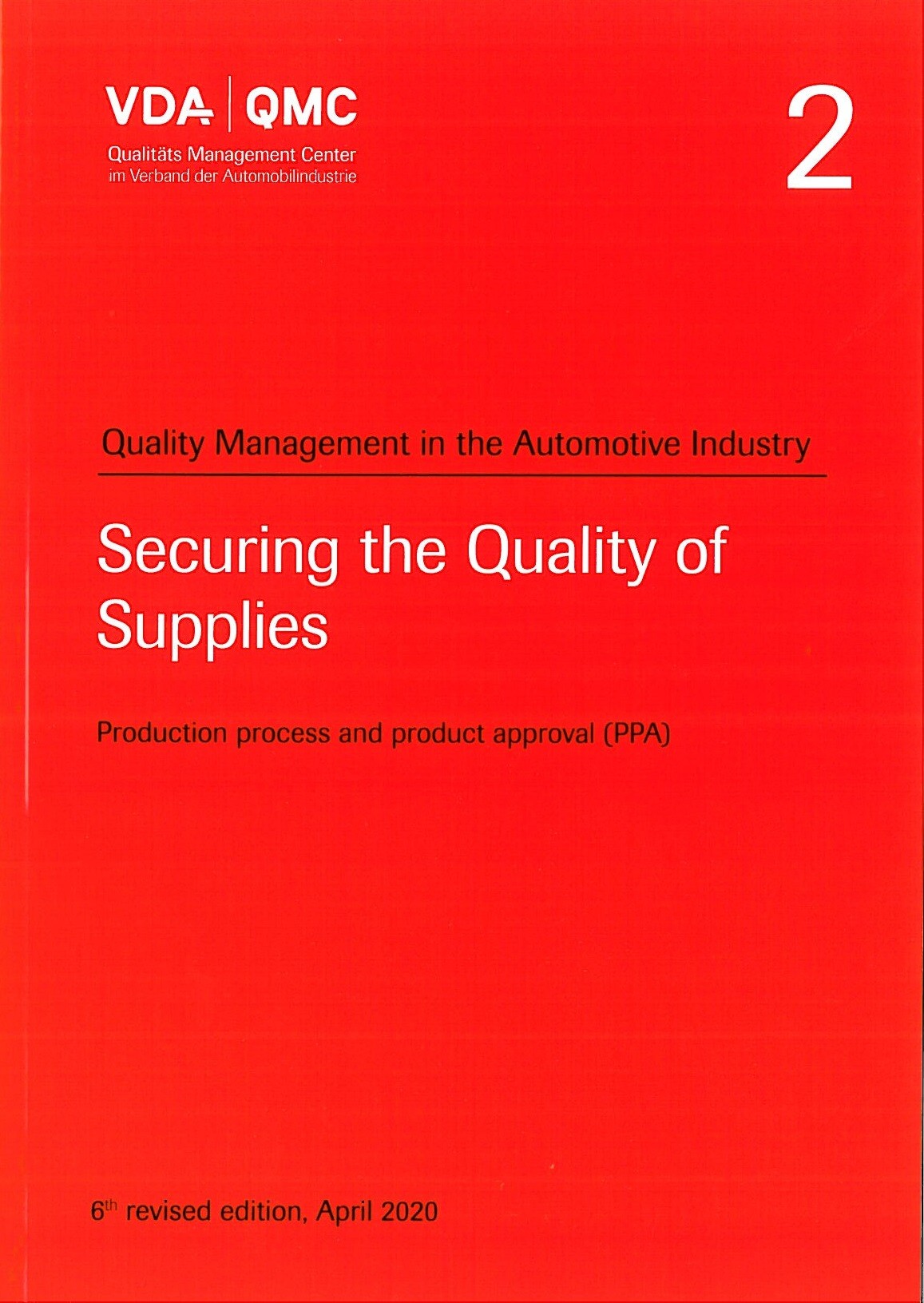VDA Automotive Standards
VDA standards
The VDA (Verband der Automobilindustrie or German Association of the Automotive Industry) standards are a set of quality management standards widely used in the German automotive industry. These standards are developed by the VDA and are recognized in the global automotive sector.
These standards cover a range of topics related to quality management, process audits, and specific aspects of the automotive production and supply chain. They are often used by automotive manufacturers and suppliers to establish and maintain effective quality management systems and to ensure compliance with industry requirements. Companies in the automotive industry, especially those in Germany and Europe, may adopt these VDA standards to meet the expectations of customers and regulatory bodies.
Most popular VDA Standards:
Coming soon: VDA 6.8 edition 2024 - Supply Chain Process Audit
Key Principles:
- Continuous Improvement: VDA standards emphasize the importance of continuous improvement in quality and efficiency.
- Risk Management: They encourage organizations to identify and mitigate risks associated with product quality and safety.
- Collaboration: Foster collaboration between OEMs and suppliers to enhance overall supply chain performance.
- Compliance and Documentation: Detailed documentation and compliance with standards are crucial for successful implementation.
Benefits of VDA Standards:
- Enhanced Quality: Helps organizations improve product quality and reliability.
- Competitive Advantage: Adherence to VDA standards can enhance an organization’s reputation and market position.
- Efficiency Improvements: Streamlined processes lead to increased operational efficiency and reduced waste.
- Regulatory Compliance: Supports compliance with legal and industry-specific regulations.
Certification:
While VDA standards themselves are not certification standards, organizations often pursue certifications based on these guidelines (such as IATF 16949 or VDA 6.3) to demonstrate their commitment to quality management in the automotive sector.
Overall, VDA automotive standards play a crucial role in ensuring high-quality manufacturing processes, fostering collaboration within the industry, and enhancing safety and efficiency in automotive production.
Price exclude VAT will be charged for customers of European Union – VAT payers (with valid EU VAT number) and for customers outside of European Union.
Decorative Surfaces of external fittings and functional parts in the internal and externals of automobiles
Certification Requirements for VDA 6.1, VDA 6.2 and VDA 6.4
Pre-requisites, Standards, Controlling, Examples,
Quality Assurance in the Process Landscape - Risk Analyses. Fault Tree Analysis - FTA, Failure Mode and Effects Analysis (FMEA), SWOT-Analysis (Strengths - Weaknesses - Opportunities - Threats)
Quality Assurance in the Process Landscape - Process Models. Six Sigma, Design for Six Sigma (DFSS), Industrial Tolerance Process
Process Audit - Auditor edition
Supply Chain Process Audit
Technical cleanliness in assembly - Environment, Logistics, Personnel and Assembly Equipment



